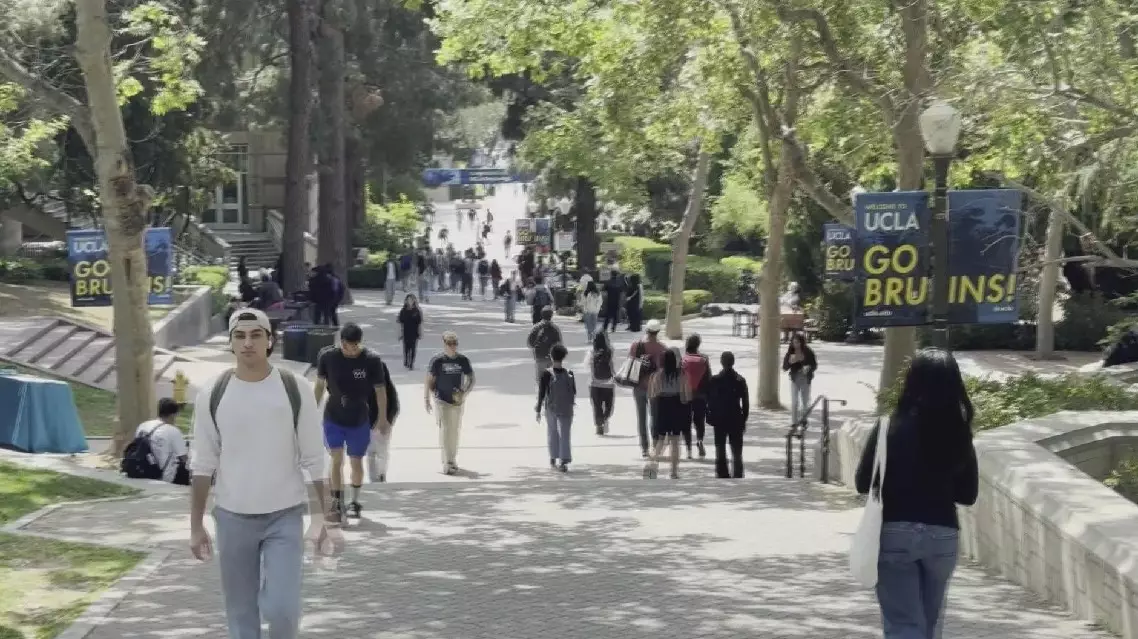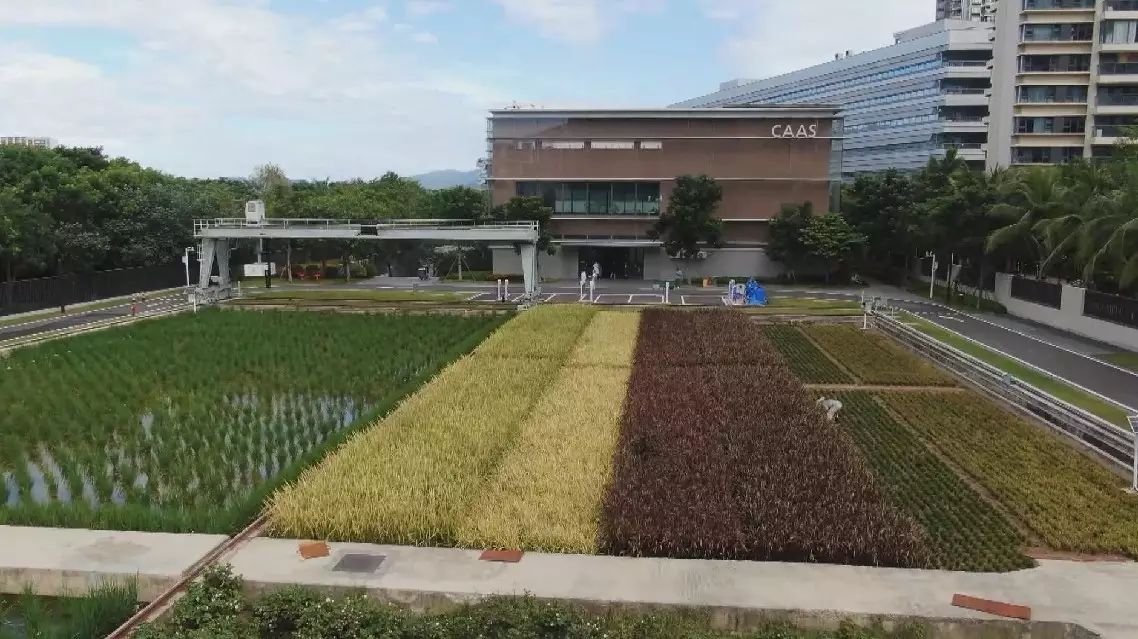Academic workers of the University of California (UC) have been on strike to protest the handling of pro-Palestinian protests on their campuses in recent weeks, saying that the students' rights to peaceful protest were violated. The spring semester is coming to an end, but some of these students may not be getting their grades on time as many teacher assistants have gone on a strike. "TAs are not going to be submitting grades. They're not going to be performing their labor that the university relies on. The TAs are part of the backbone of this university. And by withholding their labor, they're sending a very clear message to the university that they refuse to participate in day-to-day operations of this university while we remain complicit in the genocide in Gaza," Kaia Shah, spokesperson for a protest. Nearly 80 percent of all academic workers from the University of California's 10 campuses across the state voted in favor of rolling strikes, following the police crackdown on pro-Palestinian student encampments at UCLA, UC San Diego and UC Irvine, which resulted in the arrests of hundreds of students. "You know, as students, I'm sure, they feel that that's the only thing that they are able to do is [to] express their feelings and kind of make some noise about it. So, I see that's kind of what our history kind of has been based upon, right? So it's just unfortunate that the university chose to put disciplinary action upon the people who were peacefully protesting," said Somphone Eno, a staff member of the university. The workers' union demands the university to "grant amnesty for all academic employees who were arrested and are now facing disciplinary action" and "grant the right to free speech and political expression on campus." In response to the university administration's declaration that the strike is illegal, unionized workers have submitted another labor violation charge accusing the university of intimidation. UC officials have announced the launch of an independent investigation into the handling of the pro-Palestinian demonstrations on their campuses, but protesters there have little faith. "We absolutely do not feel confident in the investigation that the university plans to carry out. We know that they are going to continue to disseminate lies and fabrications. They have very explicitly taken a side," said Shah. As protesters continue to stage rallies calling on their university to divest from Israel, the pressure is mounting with the latest strike by the academic workers.

Academic workers of University of California on strike over handling of pro-Palestinian protests









